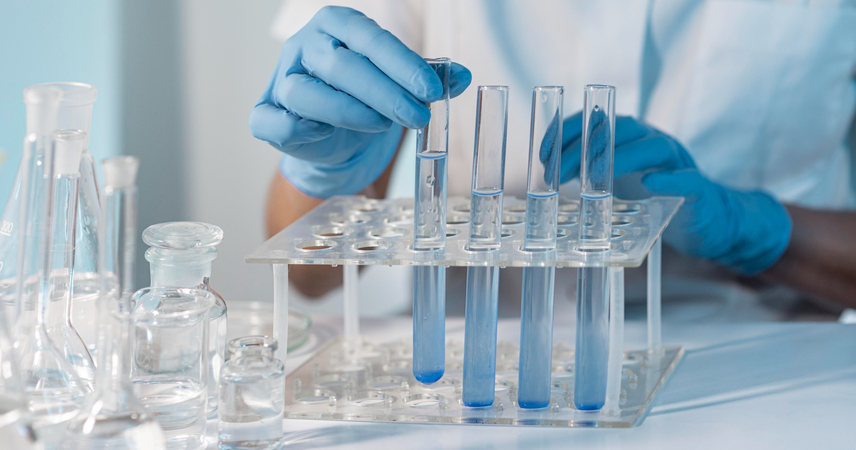Follow on:
ISO 17025:2017

What is ISO 17025:2017?
ISO 17025:2017 is an international standard that specifies the general requirements for the competence of testing and calibration laboratories. It outlines the criteria laboratories need to meet to demonstrate that they operate competently and can produce valid and reliable results.
Benefits of ISO 17025:2017
Enhanced Credibility and Recognition
Compliance with ISO 17025 enhances a laboratory's credibility and recognition internationally. It signifies that the laboratory operates competently and reliably, fostering trust among customers, regulators, and stakeholders.
Improved Quality and Consistency
The standard emphasizes a robust quality management system, ensuring standardized processes, procedures, and practices. This leads to improved quality, consistency, and reliability of test results or calibration data.
Greater Customer Confidence
Clients and customers prefer to work with accredited laboratories as it assures them of the reliability and accuracy of the results provided. It enhances customer confidence and satisfaction in the services offered.
International Acceptance and Recognition
ISO 17025 accreditation facilitates international recognition and acceptance of test results, easing trade barriers and enabling laboratories to compete on a global scale.
Efficiency and Effectiveness
Implementing ISO 17025 helps laboratories streamline their operations, leading to increased efficiency and effectiveness in processes, resource management, and overall performance.
ISO 17025:2017 Principles
Impartiality
Laboratories must demonstrate impartiality in their operations, ensuring that their activities are free from bias and conflicts of interest. This principle ensures objectivity and integrity in the testing or calibration processes.
Confidentiality
Laboratories must handle all information obtained or created during testing or calibration activities with confidentiality. This includes protecting the confidentiality of client information and test results, ensuring data security and privacy.
Competence
The personnel working within the laboratory must possess the necessary competence, skills, training, and qualifications to perform their assigned tasks effectively. This includes technical expertise, proficiency in methodologies, and understanding of quality assurance principles.
Consistency and Traceability
The standard emphasizes the need for consistent and reliable test or calibration results. Laboratories must use validated methods, maintain accurate records, and ensure traceability of measurements to national or international standards.
Validity of Results
The results generated by the laboratory should be accurate, reliable, and valid. This includes using appropriate and validated methods, maintaining calibrated equipment, and conducting tests or calibrations under controlled conditions.
